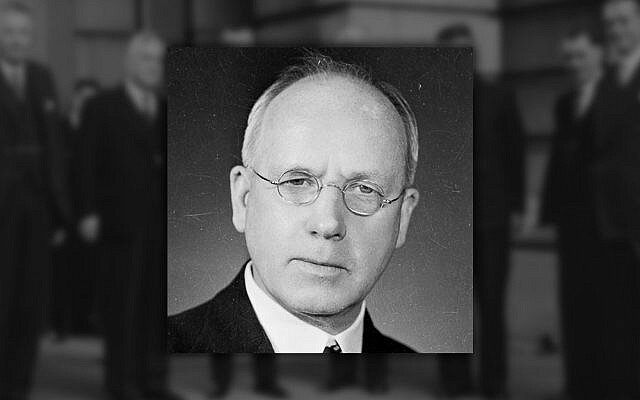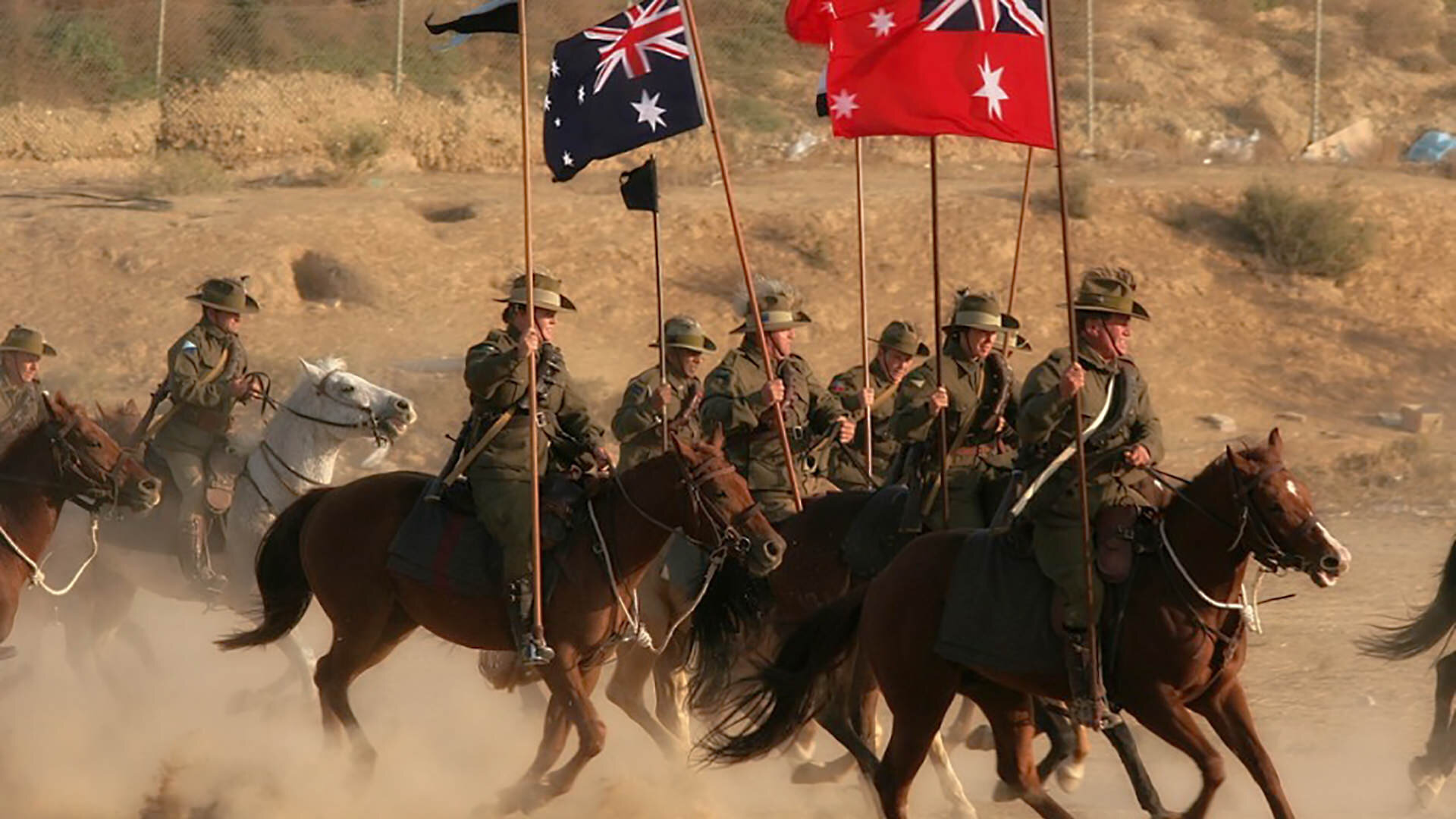
No peace until Jewish presence accepted
It is not uncommon to view the Israel-Palestinian conflict as a power battle, with Israel as the dominant power and the Palestinians as the victims. However, this type of analysis ignores realities on the ground and twists historical facts to suit a political agenda.

New Zealand’s Exuberant Zionist Prime Minister
In 1948 NZ Prime Minister Peter Fraser was criticised for his ‘Zionist exuberance’ by one of his most senior officials, at a time when the NZ government was vigorously debating recognition of the state of Israel. Peter Fraser’s biographers described him as a man of principle who was an old fashioned human rightist, ‘tied on a tight leash to the under dog’.

The gap in our Anzac memory
What the Allies set out to achieve in Gallipoli was finally realised in northern Palestine and the Jordan Valley - the routing of Turkish forces. ...Ironically, the Allied failure in Gallipoli has been enshrined in New Zealand’s war commemorations, while victory over the Ottomans in the Sinai-Palestine campaign is less remembered .

The Balfour Declaration at the Ends of the Earth
A steady flow of Zionist emissaries made their way to New Zealand, seeking support for the ‘upbuilding of Palestine.’ The New Zealand Jewish community quickly gained a reputation for generosity in support of the cause. Enthusiasm for the Zionist project was not confined to the Jewish community however…

Chris Trotter’s dark reading of Israel’s dilemma
The false narrative that the conflict is about colonialist possession of territory, rather than Islamic-inspired rejectionism has done much to prolong the conflict. Israel has given up land for peace and made offers of peace that have been repeatedly rejected.
